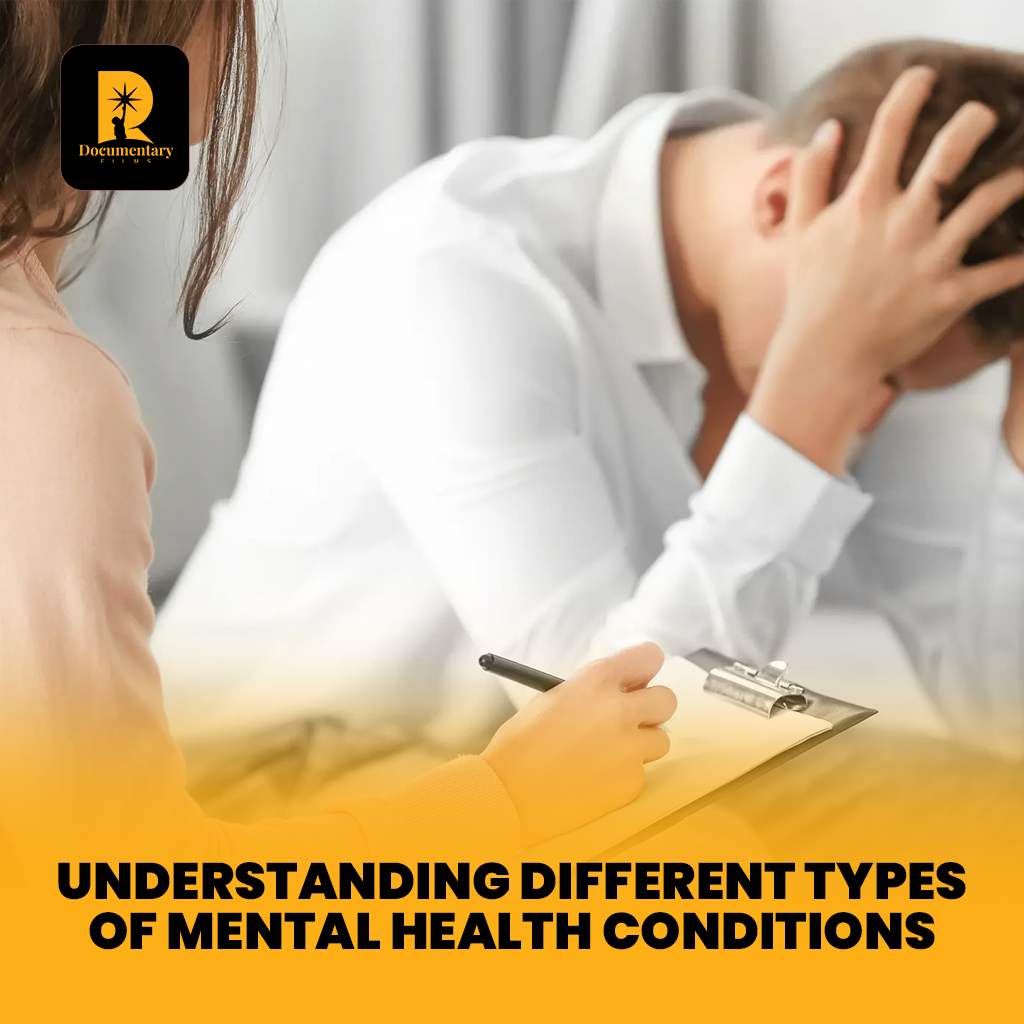Mental health is just as important as physical health. But people in Pakistan tend to prioritize physical health over mental wellbeing, with a majority of them dismissing psychological conditions as a figment of an individual’s imagination. Worse, those experiencing these conditions are often called out and branded with titles like “nutcase”, “madcap”, “crazy”, and more. Consequently, mental diseases in the country are given miniscule importance at both societal and state levels.
Everyone experiences ups and downs in life, but sometimes these challenges can become overwhelming and impinge on our daily functioning. There are many different types of mental health conditions, each with its own unique set of symptoms. Here’s a look at some of the most common ones:

- Mood Disorders: These conditions affect our emotions and can cause feelings of extreme happiness, sadness, or a combination of both. Examples include depression, bipolar disorder, and cyclothymic disorder. Depression can lead to feelings of hopelessness and a loss of interest in activities you once enjoyed. Bipolar disorder involves periods of mania (feeling overly energetic and excited) and depression.
- Anxiety Disorders: These are characterized by feelings of worry, nervousness, and fear. Common types include generalized anxiety disorder (excessive worry about many things), social anxiety disorder (fear of social situations), and phobias (intense fear of specific objects or situations). People with anxiety disorders may experience physical symptoms like a racing heart, sweating, or difficulty breathing.
- Obsessive-Compulsive Disorder (OCD): People with OCD have unwanted thoughts (obsessions) and repetitive behaviors (compulsions) that they feel driven to perform. For example, someone with OCD might have a fear of germs and feel compelled to wash their hands constantly.
- Post-traumatic Stress Disorder (PTSD): This condition can develop after experiencing or witnessing a traumatic event. Symptoms can include flashbacks, nightmares, and avoidance of reminders of the trauma. PTSD can make it difficult to function in daily life.
- Eating Disorders: These involve unhealthy eating habits and a distorted body image. Common types include anorexia nervosa (restricting food intake), bulimia nervosa (binge eating followed by purging), and binge eating disorder (frequent episodes of excessive eating).
- Personality Disorders: These are inflexible and maladaptive patterns of thinking, feeling, and behaving. People with personality disorders may have difficulty forming relationships or maintaining a stable job. Examples include borderline personality disorder and narcissistic personality disorder.
- Schizophrenia: This is a severe mental illness that can cause hallucinations and delusions. People with schizophrenia may also have difficulty concentrating and expressing emotions.

Conclusion
It’s important to remember that mental health conditions are treatable. There are many different types of therapy and medication available that can help people manage their symptoms and live fulfilling lives.

